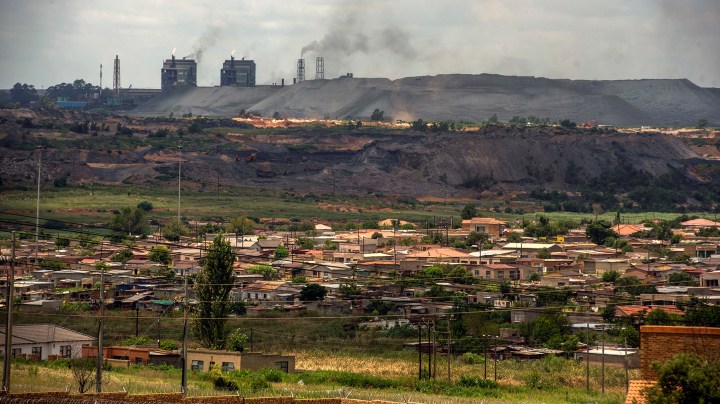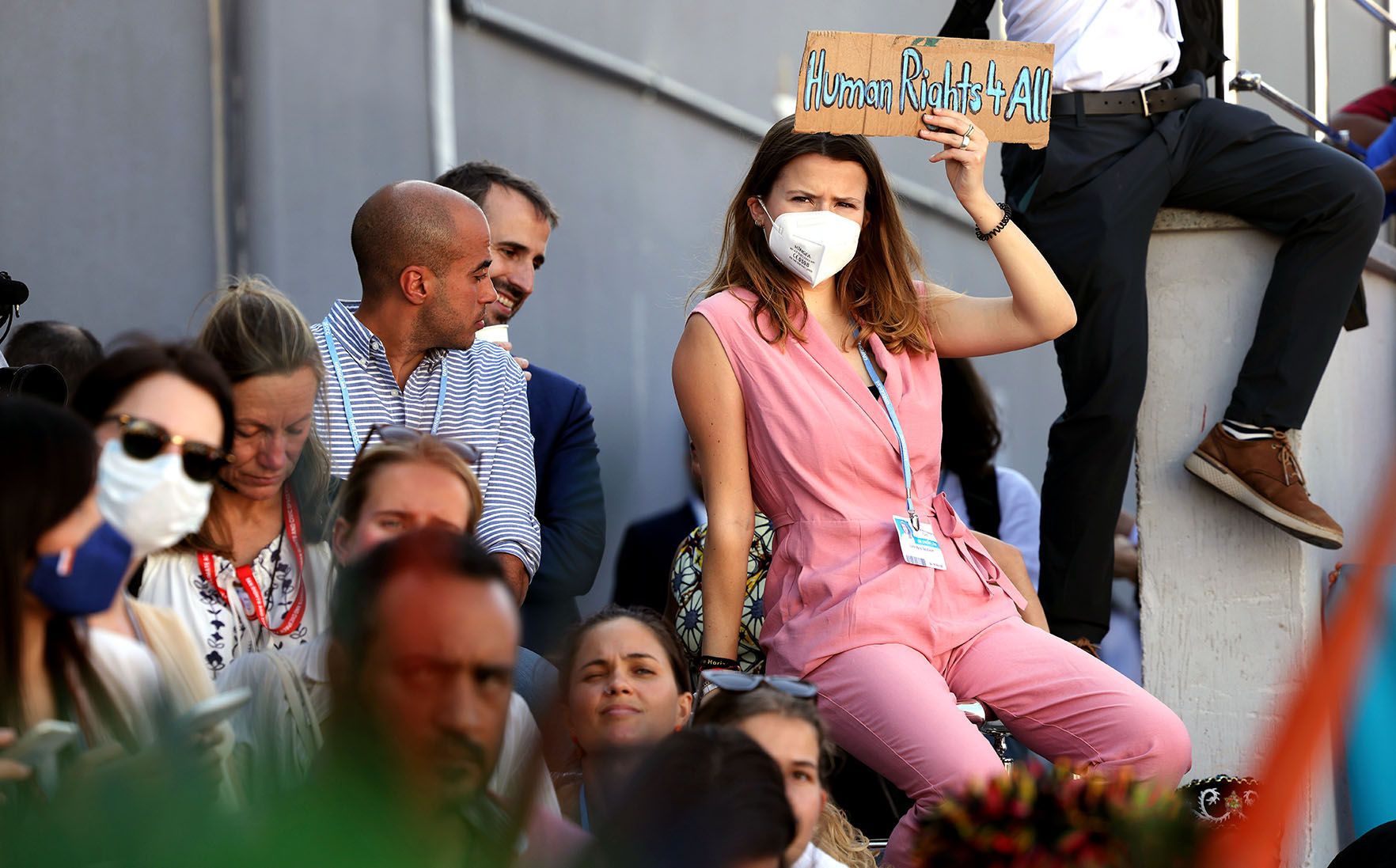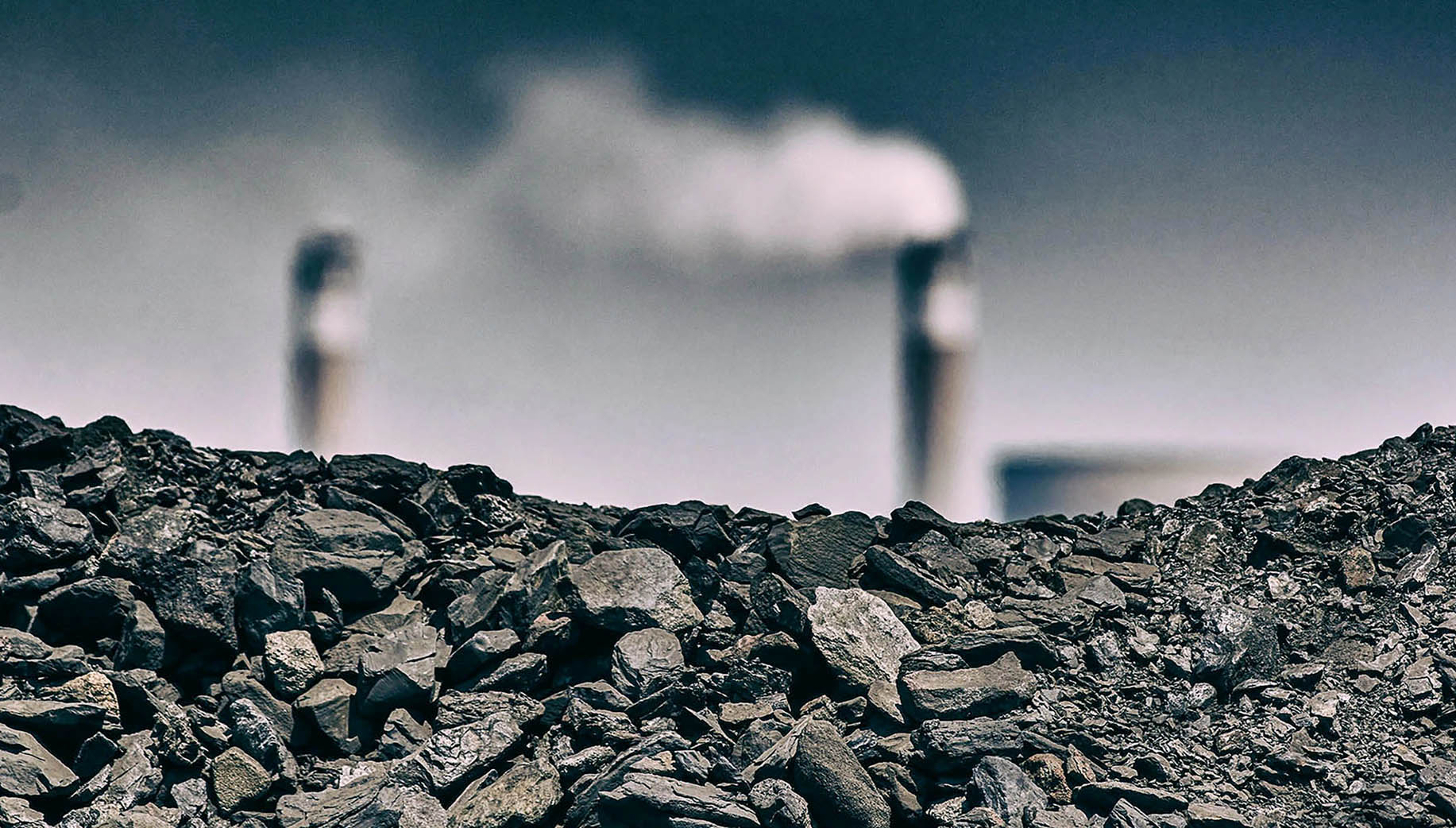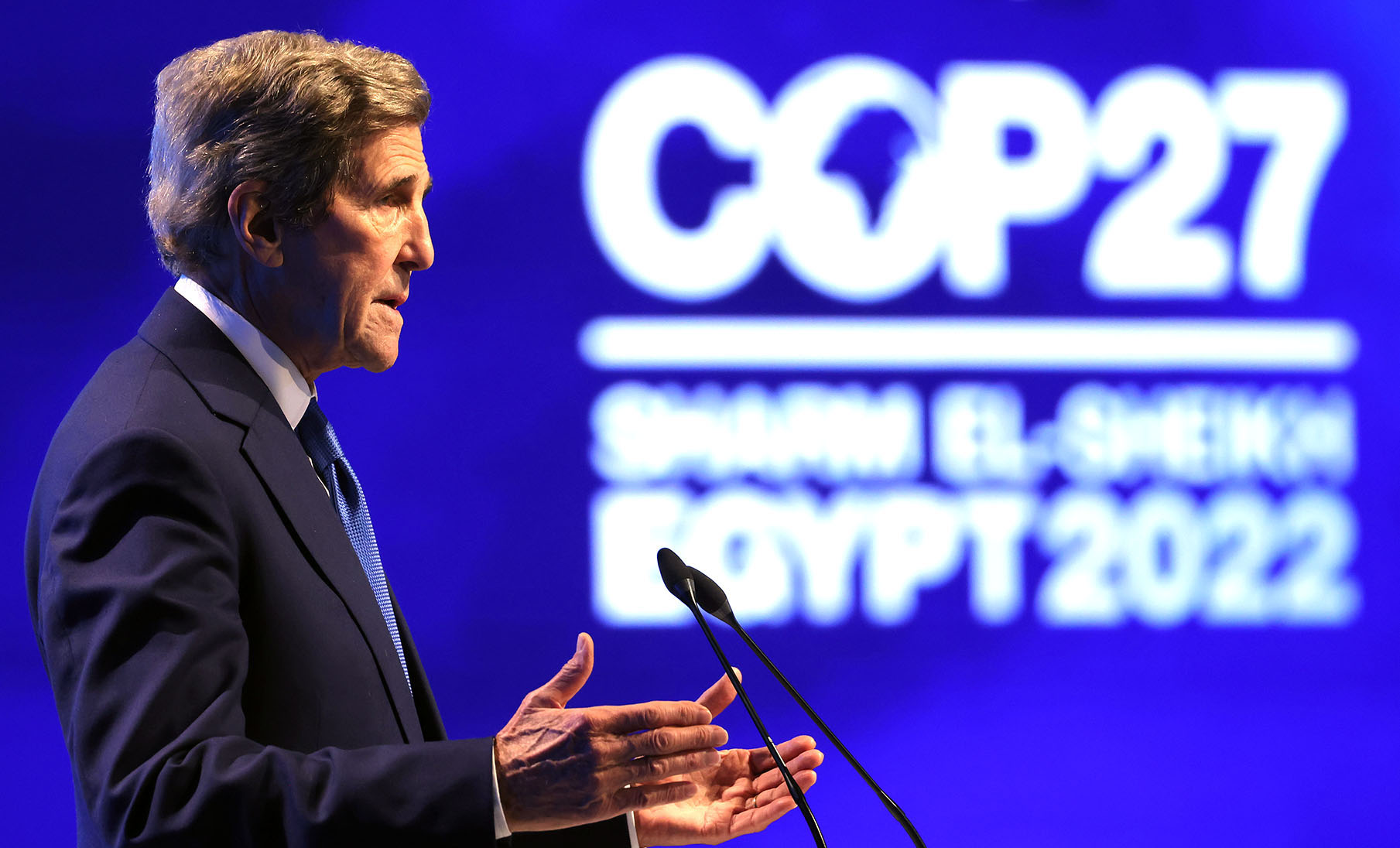FOSSIL FUEL TENSION
Coal still enemy number one at COP27 climate summit — for now

The debate about whether countries need to focus on phasing down and reducing emissions from all fossil fuels as opposed to the focus on coal is sure to be a tense point of negotiation as COP27 nears its end.
‘This COP has turned into a fossil fuel energy theatre. I can’t believe that I am here, with two days left till the end of these climate talks, fighting for fossil fuel inclusion in the final text, when we know that the climate crisis is being caused by fossil fuels. This COP must be the one where fossil fuels come to an end,” said Luisa Nebauer of Fridays for Future in Germany.
She was speaking about an ongoing debate at COP27 in Sharm el-Sheikh, Egypt, about whether the final “cover text” should call for a phase-down of all fossil fuels or retain its focus on coal. On Thursday morning, the draft “cover text” — a document developed and agreed by countries at the annual UN climate summit that sets out the core political goals and targets from the meeting — was released by the Egyptian COP presidency (see below).
Typically, the document reflects commonly agreed priorities for action. At COP26 in 2021, countries agreed to the Glasgow Climate Pact which set out common targets such as limiting warming to 1.5°C, increasing climate finance and, importantly, “accelerating measures towards the phase-down of unabated coal power”.
Thursday’s draft cover text reiterates aspects of that pact, referring to phased-down coal and limiting global warming to below 1.5°C.

German Fridays for Future climate activist Luisa Neubauer joins protesters on 12 November 2022, demonstrating over climate justice, loss and damage, fossil fuels, human rights, exploitation by rich countries of poor countries and other climate-related issues during the COP27 climate conference in Sharm el-Sheikh, Egypt. (Photo: Sean Gallup /Getty Images)
As a draft, the cover text can — and is likely to — be changed as negotiations progress at the conference. Thursday’s text had also not formally been discussed among the countries yet, but rather presents an accounting of what the host country has noted in its engagements with the countries.
Noticeably, the draft did not make a call for a phase-down of all fossil fuels beyond the focus on coal.
High demand for coal
Spearheaded by India, the call was initially met with scepticism in some quarters, suspected of being a tactic the coal-dependent nation was using to divert attention from, and muddy the waters around, the focus on coal. The Indian delegation to COP26 managed to water down the language on coal in the cover text from a “phase-out” to a “phase-down”.
Coal, which also made headlines in the 2021 Glasgow Pact for being a fossil fuel identified to be phased down, is widely understood to be the most harmful fossil fuel. On Energy Day at COP27, a new report by the International Energy Agency (IEA), titled Coal in Net Zero Transitions: Strategies for Rapid, Secure and People-Centred Change, shows that coal demand remains high.
Read more in Daily Maverick: “COP27 draft climate deal retains 1.5C limit, but many issues unresolved”

An Egyptian police officer guards the International Congress Center that is hosting COP27 in Sharm el-Sheikh, Egypt. (Photo: EPA-EFE / Sedat Suna)
It shows that the “overwhelming majority of current global coal consumption occurs in countries that have pledged to achieve net zero emissions”. Also, coal demand has been “stable at near record highs for the past decade”.
Most importantly, the report notes that without urgent action, the emissions from existing coal assets would, by themselves, tip the world over the 1.5°C limit. This limit, which has its physical basis in science, is shorthand for the “Long Term Global Goal” of the Paris Agreement on Climate Change which seeks to restrict global warming to values below 2°C above pre-industrial era levels and preferably to below 1.5°C.

A coal pile in front of the towers of the Kendal coal-fired power station in Mpumalanga. (Photo: Waldo Swiegers. / Bloomberg via Getty Images
Above these levels, aspects of climate change become increasingly dangerous in terms of impacts, from multiyear droughts to more frequent and intense extreme weather events.
Visit Daily Maverick’s home page for more news, analysis and investigations
There are about 9,000 coal-fired power plants around the world. They represent about 2,185 gigawatts of capacity and every day their emissions raise the global average temperature closer and closer to these thresholds that define “dangerous climate change”.
IEA executive director Fatih Birol said at the release of the report: “While there is encouraging momentum towards expanding clean energy in many governments’ policy responses to the current energy crisis, a major unresolved problem is how to deal with the massive amount of existing coal assets worldwide.
“Coal is both the single-biggest source of CO2 emissions from energy and the single-biggest source of electricity generation worldwide, which highlights the harm it is doing to our climate and the huge challenge of replacing it rapidly while ensuring energy security.”
Rise in support for phase-down
Notwithstanding the publication of the report, the momentum behind expanding the “phase-down” to all fossil fuels has grown, with support from several negotiating groups and countries including Tuvalu, Aosis (Alliance of Small Island States), the European Union (EU), New Zealand, Denmark, France and Colombia, who say the call reflects the need for greater ambition.

US Special Presidential Envoy for Climate John Kerry speaks at the COP27 climate conference on 11 November 2022 in Sharm el-Sheikh, Egypt. (Photo: Sean Gallup / Getty Images)
Even the US got involved, with US climate envoy John Kerry saying in an interview: “Phase down, unabated, over time. The time is a question, but ‘phase down’ is the language we supported.”
Read more in Daily Maverick: “A Durban theatre company is drawing attention to the ocean through powerful storytelling”
Their calls were echoed by members of civil society and governments from across the world.
Stéphane Crozat, climate ambassador for France, said at a Beyond Oil and Gas (Boga) event: “India floated the idea to phase down all fossil fuels. I think we should take them up on it. We should push phasing down and eventually phasing out all fossil fuels.”
Seve Paeniu, Tuvalu’s finance minister, said: “We have almost missed the boat to phase out all fossil fuels to remain within 1.5°C of warming. Egypt COP27 will be a turning point when we agree in the cover text to phase out all fossil fuels… Tuvalu welcomes India and the European Union’s suggestion to include ‘all’ fossil fuel phase-out in the COP27 cover text and encourages governments to join this call in the face of the climate emergency. The world needs a just and equitable energy transition, and investing in 100% renewable energy is the only way to achieve this.”
Collin Rees, the US campaign manager at Oil Change International, said at a side event: “At a climate conference stuffed with over 600 fossil fuel lobbyists, it’s more important than ever for world leaders to commit to a fossil phase-out. Advocates from the frontlines of oil and gas expansion may be vastly outnumbered by industry flacks, but their presence is critical to remind our governments that there’s a massive human cost to inaction and business as usual.”
Read more in Daily Maverick: “Global climate mobility planning at COP27 could turn tide on climate-linked migration fallacies”

Harjeet Singh of Climate Action Network International. (Photo: Ian Forsyth / Getty Images)
Harjeet Singh of Climate Action Network International said: “The fossil fuel industry is directly responsible for the death and destruction we are seeing around the world and this same industry is profiting from the crisis, making obscene profits. Currently, the cover text does not mention the phase-out of fossil fuels… It’s time to call out those countries which are not allowing this critical wording on fossil fuels in the cover text.”
Dean Bhebhe of PowerShift Africa said at another side event: “The next few days at COP27 are important to build a common narrative that will secure Africa’s energy future. The science and economics are clear: not only will fossil fuel expansion lead to certain doom, climate aside, it’s not even the best development option available to Africa. There is a cleaner, greener, renewable future that is possible, and we cannot deny Africa its right to that better future.
“Our position for a renewable energy future needs to reflect in the cover text and cause a ripple effect that will lead to the phase-out of all fossil fuels.” OBP/DM





















 Become an Insider
Become an Insider
Comments - Please login in order to comment.